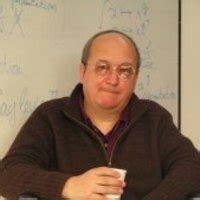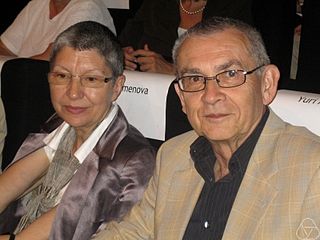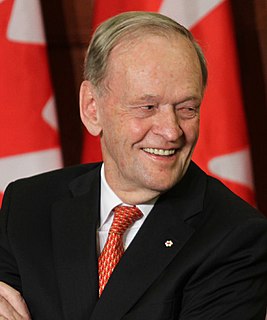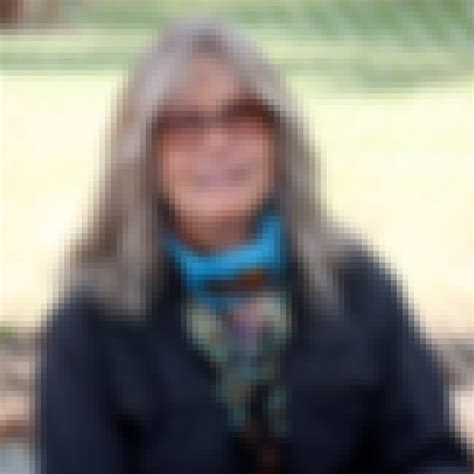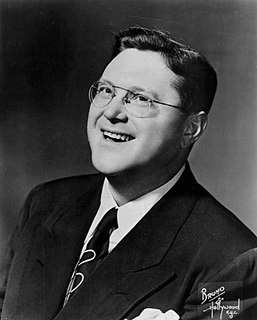A Quote by Robert Jastrow
Scientists have no proof that life was not the result of an act of creation.
Related Quotes
Proof, being the highest level of reproduction activity, has an important interiorization aspect: as Yuri Manin stresses in his book Provable and Unprovable, a proof becomes such only after it is accepted (as the result of a highly rigorous process) ... Manin describes the act of acceptance as a social act; however, the importance of its personal, psychological component can hardly be overestimated.
Science has long been in the value business. Despite a widespread belief to the contrary, scientific validity is not the result of scientists abstaining from making value judgments; rather, scientific validity is the result of scientists making their best efforts to value principles of reasoning that link their beliefs to reality, through reliable chains of evidence and argument.
What brings the karmic result from the patterns of our actions is not our action alone. As we intend and then act, we create [our] karma: so another key to understanding the creation of karma is becoming aware of intention. The heart is our garden, and along with each action there is an intention that is planted like a seed. The result of the patterns of our karma is the fruit of these seeds.
In
the creation of the federal government, the states exercised the
highest act of sovereignty, and they may, if they please, repeat the
proof of their sovereignty, by its annihilation. But the union possesses
no innate sovereignty, like the states; it was not self-constitute d; it
is conventional, and of course subordinate to the sovereignties by
which it was formed.
Color, in the outward world, answers to feeling in man; shape, to thought; motion, to will. The dawn of day is the nearest outward likeness of an act of creation; and it is, therefore, also the closest type in nature for that in us which most approaches to creation--the realization of an idea by an act of the will.

